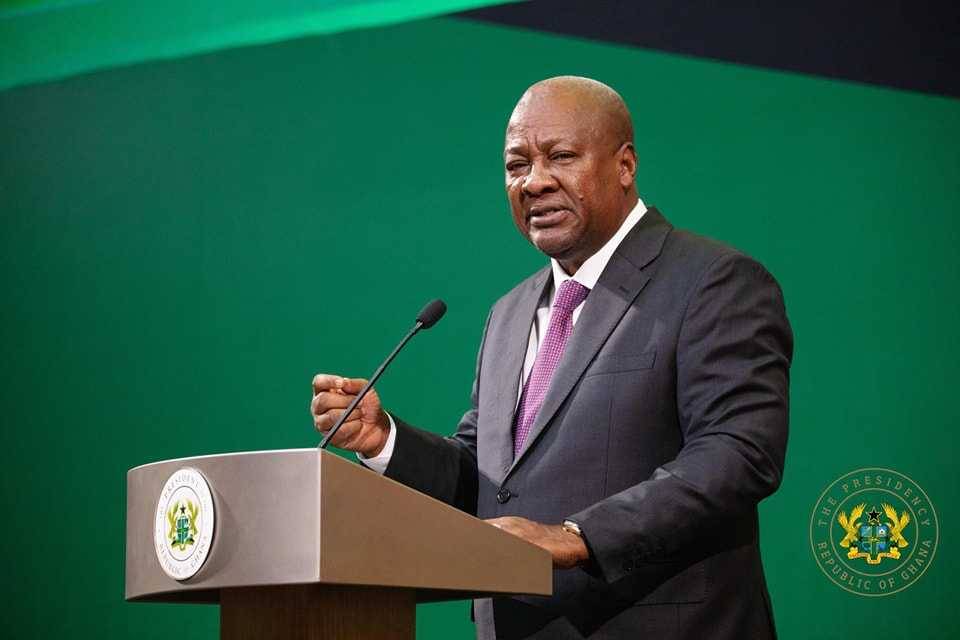In a recent development, Organised Labour has expressed concerns over President John Mahama's directive to suspend post-retirement employment contracts for public servants. The labour representatives argue that this move could lead to the loss of experienced hands and negatively impact the retention of institutional memory in the public and civil services.
According to the Labour Act 651 of 2003, the retirement age for public sector workers is 60 years, with those in the mining sector required to retire at 55. Over the years, many public and civil services employees who reach retirement age have had their contracts extended to retain their expertise. However, President Mahama's directive has sparked unrest among workers, who express concerns over the potential loss of experienced superiors.
The Secretary-General of the Trades Union Congress (TUC), Joshua Ansah, emphasized the importance of a transition process and succession planning. He noted that the development of the country is dependent on the contributions of all Ghanaians, regardless of age. Ansah cautioned that any policy that undermines the development of the country should be carefully considered.
Thomas Tanko Musah, General Secretary of the Ghana National Association of Teachers (GNAT), also voiced concerns about the potential impact of the directive on institutional memory. He argued that the frequent change in personnel could hinder the building of strong institutions and the retention of organisational memory.
Both leaders have called for broader consultations on the matter to ensure a more inclusive and well-informed decision-making process. They urged President Mahama to reconsider the suspension of retirement contracts and engage in extensive discussions with stakeholders before implementing any changes.
The concerns raised by Organised Labour highlight the need for careful consideration and consultation in policy-making. The suspension of retirement contracts has significant implications for the public and civil services, and it is essential that the government engages with stakeholders to ensure that any changes are in the best interest of the country.
In Ghana's public and civil services, over 700,000 workers are currently employed, with more than 1,000 retiring each year. The government's decision to suspend post-retirement employment contracts has significant implications for these workers and the institutions they serve. As the government moves forward with this policy, it is crucial that they engage in meaningful consultations with stakeholders to ensure that the needs of all parties are taken into account.




No comments yet
Be the first to share your thoughts!